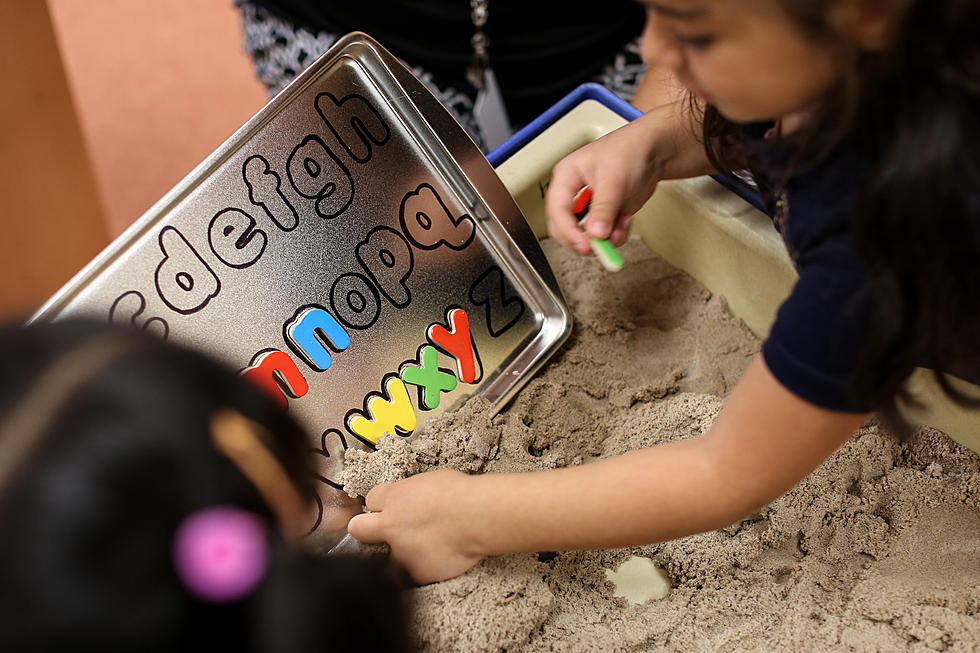![State’s Preschool Program Stalling [AUDIO]](http://townsquare.media/site/394/files/2014/06/RS3279_89792040.jpg?w=980&q=75)
State’s Preschool Program Stalling [AUDIO]
A new report shows that New Jersey's state run preschool program is stalling as a result of funding issues.
Enrollment of 3-and-4-year-olds in state prekindergarten fell by more than 9,000 in 2012-2013, according to a report from National Institute for Early Education Research.
New Jersey has three state funded preschool programs, formerly known as the Abbott Preschool Program. The programs receives money from the NJ Board of Education for 3-and 4-year-olds to enroll. New Jersey had 51,726 children enrolled in the program, which costs More than half a billion dollars.
While the Garden State is one of the states without falling totals, it's enrollment numbers have flatlined since 2009.
"That's understandable, you can't spend money you don' t have but at some point the state has to set priorities and pay for things that pay off and quit paying for things that don't," said Dr. Steven Barnett, Board of Governors professor and director of the National Institute for Early Education Research.
Barnett said New Jersey passed legislation to expand the pre-k program, but has done nothing since recession.
Funding has remained stable for the state preschool program and Barnett believes it's a good deal, costing $12,070 per student, Barnett noted it costs considerably less than what it costs for a student in the k-12 schools.
"We know that kids who went through New Jersey's pre-school program are doing better on their tests in fourth and fifth grade, they're less likely to be in special education, they're less likely to be held back a grade."
New Jersey operates its state-run prekindergarten facilities through a public/private partnership, and Barnett said facilities are well-funded but held to high standards.
"It's really something remarkably different. If you don't perform, you get fired. They don't fire teachers, they fire entire programs," Barnett said. "You're basically firing management."
Barnett said while New Jersey remains solid, its future can be in jeopardy.
"We have a great program, it's highly innovative and tax payers are going to get their money back and more in the long run, and we have a law in the books to expand it but the legislature is simply not meeting its obligation," Barnett said. "Everyone understands money is tight, let's move money from things that don't pay off to things that do."
More From 92.7 WOBM










